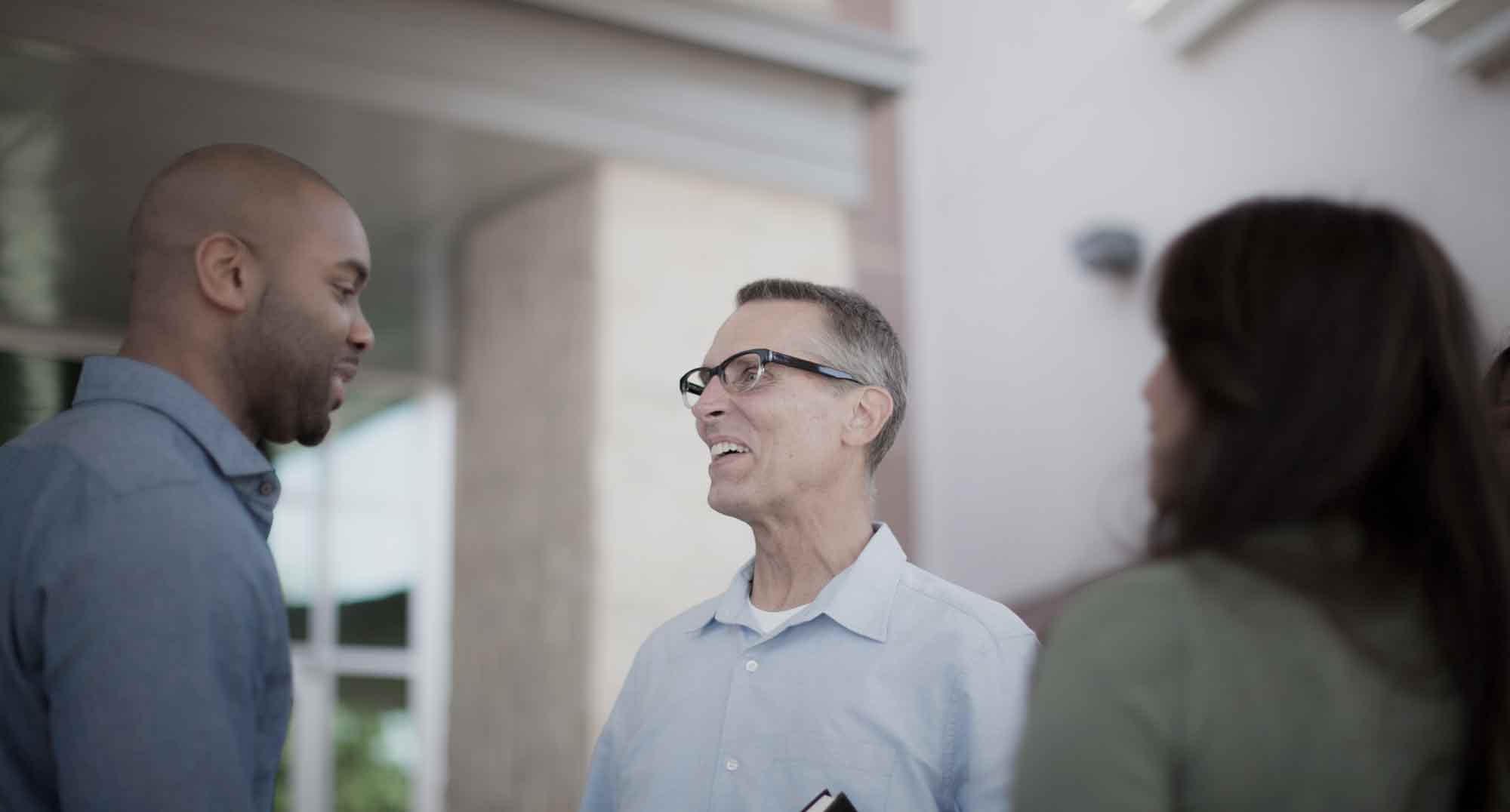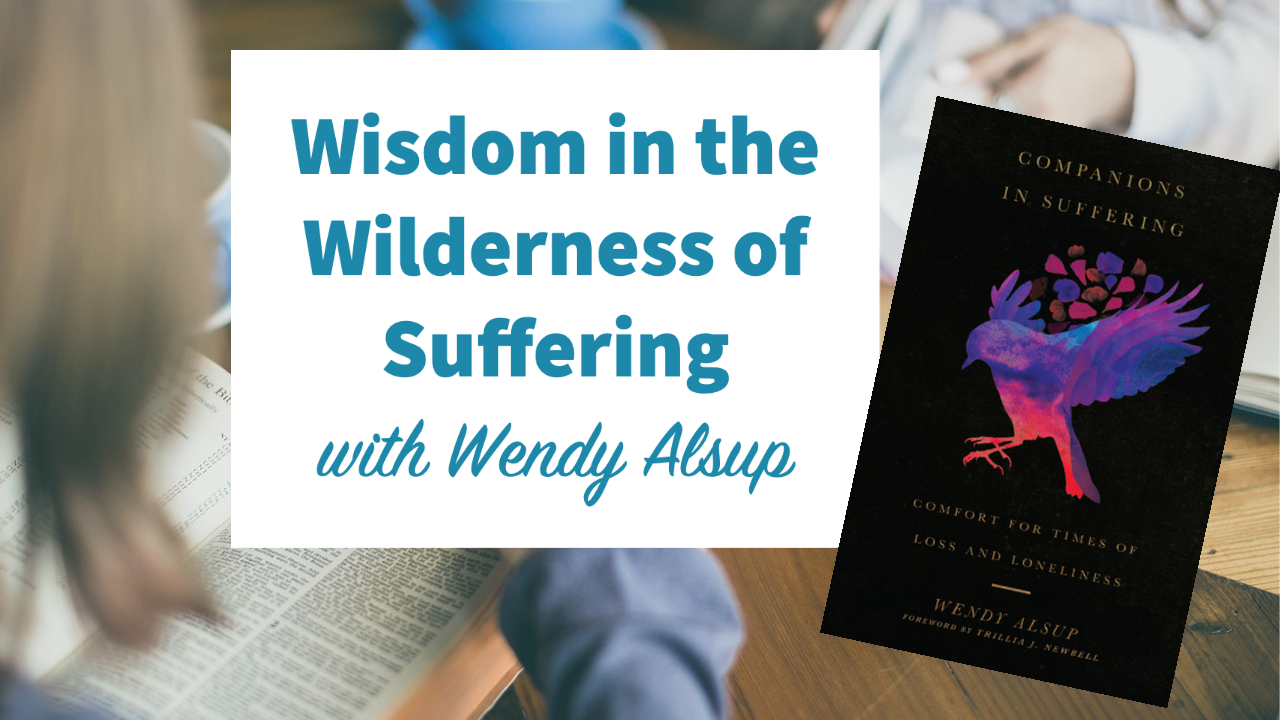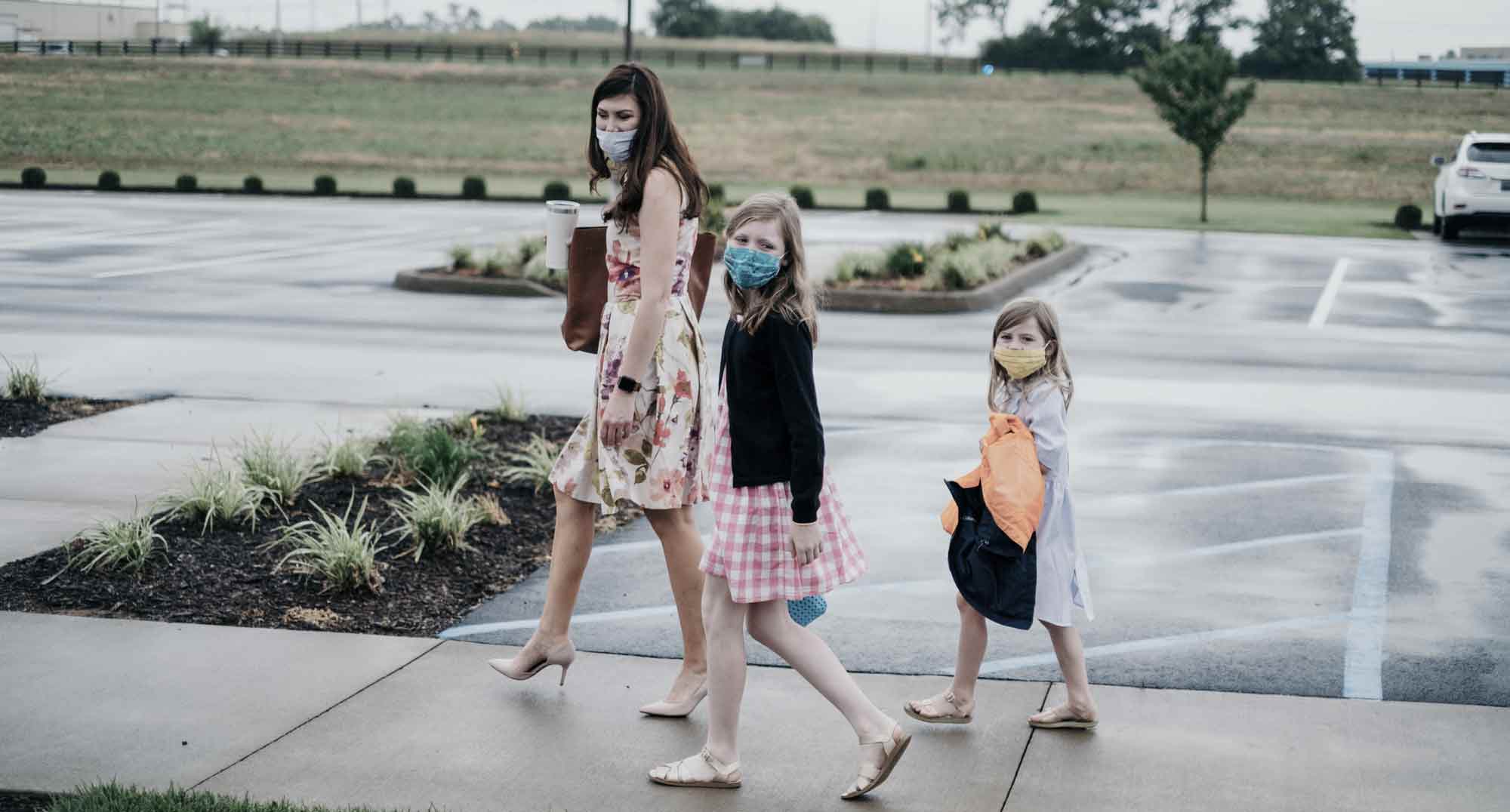Embracing Diversity in the Body of Christ
JESSICA ROAN|GUEST One of my favorite hobbies is hiking. The cool mountain air, the refreshing scent of pine, the sound of rushing water from a mountain stream, the exhilaration of reaching the summit—nothing is quite like it. This year, with so many activities shut down, our family even tried our hands (or feet) at winter hiking and found it to be a surprisingly peaceful way to experience God’s creation. This spring, however, I was introduced to another new hiking experience. After a lifetime of hiking in the Rockies and Yellowstone, I had an opportunity to hike in a new environment, the desert. I’ll admit, I was somewhat biased. After all, while the mountains were equally as beautiful and rugged, they were speckled not with pine trees but tall shade-less cacti. Instead of scurrying squirrels, stealth geckos silently darted in and out from among the rocks, and the only water was the in the bottles we carried. It was in many ways a foreign experience, but my boys still climbed rocks, and the treeless landscape made the vast views spectacular. After a few different desert hikes, while a little sunburnt, I had a new appreciation for my favorite hobby in a new context. Just like doing an activity in a new environment, confronting the issue of diversity in the body of Christ can be an uncomfortable activity. Different buildings (or none at all), music, worship styles, prayers, congregants, school choices, and political leanings are just a few of the challenges that can make us feel uneasy. While diversity is a “hot button” issue in secular society, it is not one we, as believers are at liberty to ignore. Consider the following: Heaven will be filled with different music, languages, customs, etc. The book of Revelation mentions “a great multitude that no one could number, from every nation, from all tribes and peoples and languages, standing before the throne…” (7:9) as a result of the command to “Go therefore and make disciples of all nations…” (Matthew 28:19). Heaven will house people with whom we’ve disagreed on secondary matters. In Romans 14, Paul addressed such disagreements: “One person believes he may eat anything, while the weak person eats only vegetables…” (14:2). He emphasized the importance of their unity and appealed to their common faith in the Lord, … “we belong to the Lord” (v.8). Heaven will host many ability levels and talents. As 1 Corinthians 12 relates, “As it is, there are many parts, yet one body. The eye cannot say to the hand, ‘I have no need of you,’ nor again the head to the feet, ‘I have no need of you.’On the contrary, the parts of the body that seem to be weaker are indispensable, and on those parts of the body that we think less honorable we bestow the greater honor, and our unpresentable parts are treated with greater modesty. . . .God has so composed the body, giving greater honor to the part that lacked it, that there may be no division in the body, but that the members may have the same care for one another” (12:20-25)...










